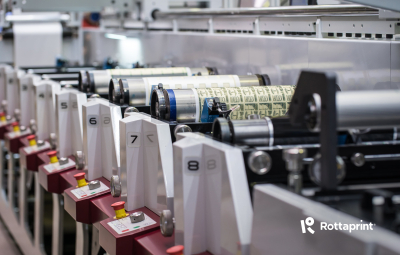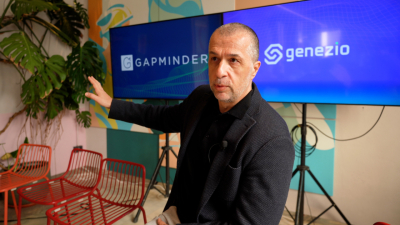“While stimulus spending was a first step, many government officials are clearly telling us that they need a long-term infrastructure investment strategy to meet the needs of their country”, said Bill Bowman (photo), Deputy Senior Partner, KPMG in Romania.
“Modernizing the world’s infrastructure will require massive investment and cooperation by the public and private sectors for many years to come. But those countries that find ways to make the necessary infrastructure investments now are likely to be the leaders of tomorrow”.
Government effectiveness and need for additional financing
More than three quarters (81%) of public sector respondents believe that government effectiveness is a significant barrier to delivering infrastructure.
This sentiment was shared by respondents in the earlier KPMG survey, with 68% of business executives and 69% of private infrastructure providers voicing similar concerns. All three groups also cited the availability of financing as a leading barrier to infrastructure development, including 69% of public sector respondents, 56% of business executives and 60% of infrastructure providers.
Half of the respondents cited the slow approval process for stimulus funds as the greatest challenge in spending this money quickly and effectively in their jurisdiction.
After the need for additional funding, politicization of priorities (33%) and a lack of sense of urgency (21%) are named as the greatest impediments to infrastructure delivery.
Echoing the views of the private infrastructure providers, 58% of public sector respondents said they are concerned that the political environment impedes them from delivering needed infrastructure.
As Bowman pointed out, “In Romania, inadequate infrastructure is a problem. Many investors and business associations have pointed out that this is a real impediment to investment in this country, and hence an obstacle to sustained economic growth. The transport network is but one example – Romania still has few motorway kilometers and to drive across the country you have to use two-lane roads. The railway system can be slow and not always reliable. Romania’s infrastructure does not compare well not only with Western Europe, but also with other Central and East-European countries, such as Croatia and Hungary”.
Solutions: working together, increase transparency
Interestingly, there was relative agreement among the three surveys in how to solve the infrastructure impasse; 65% of public officials, 80% of business executives and 40% of infrastructure providers respectively surveyed said governments should work more closely with the private sector to improve infrastructure delivery process.
However, public sector officials also recognize that there are barriers to working more effectively with their private sector counterparts, most notably cultural differences between the two, which are cited by 48% of respondents.
Not only does improved infrastructure attract businesses, and the employment and the tax revenue that is derived, but it is recognized that infrastructure work can be an economic stimulus if managed correctly. Romania faces seemingly insurmountable delays in this respect.
When specifically asked about ways to de-politicize the infrastructure process, the leading solution among public sector respondents was to increase transparency in infrastructure project selection (41%), followed by improving the public private partnership procurement process (37%).
The public sector respondents also indicated that better training of public sector officials (37%) depoliticizing the infrastructure public policy process (35%), and greater use of public private partnerships (34%) are the leading ways to improve infrastructure development in their jurisdiction.
“Today there is a rare opportunity to achieve non-partisan consensus on how we can make strategic investments in infrastructure”, said Bowman. “Infrastructure investments can pay dividends immediately and for years to come, boosting the economy through long-term job creation, attracting and retaining businesses, and improving living standards.”
According to KPMG, in Romania, increasing transparency in infrastructure projects is essential, so that the public can see that they are getting value for money from their taxes, and authorities should improve their record on this.
“In Romania there is also a need for more Public-Private-Partnerships (PPPs) for infrastructure projects. There have been very few PPPs in this country so far, and this is a loss because public sector projects can benefit greatly from the expertise which the private sector can bring. Private companies can offer technical skills and also can help make projects more focused on the needs of end users because of their understanding of the business environment.”
Citeste si:
Calculator Salariu: Află câți bani primești în mână în funcție de salariul brut »
Te-ar putea interesa și:



















































































![HR [PLAY] Tech Workout - 11...](https://www.wall-street.ro/image_thumbs/thumbs/973/973fe0a3888d417feff63de42e814180-260x260-00-65.jpg?v=1713517533)









